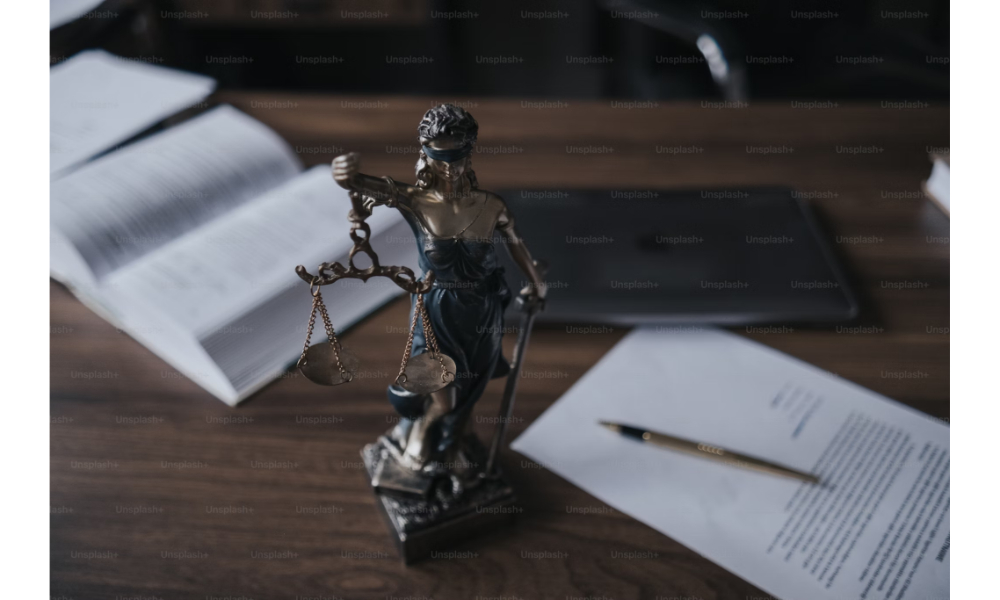Choosing the right lawyer can make a big difference in your legal matters. Whether you’re facing a personal injury case, dealing with a business dispute, or need help with immigration issues, finding the right lawyer can be crucial.
Here are seven important things to consider when choosing a lawyer:
1. Expertise and Experience
The first thing you should consider is the lawyer’s expertise and experience. Every legal case is unique, and you want someone who has dealt with similar cases before. For example, if you’re dealing with immigration issues, you might need a TN Visa Lawyer who understands the intricacies of immigration law.
Look for lawyers who have a proven track record and relevant experience to handle your specific situation.
2. Reputation and Reviews
Checking the lawyer’s reputation is crucial. You can start by reading reviews online or asking for recommendations from friends and family. A good reputation often indicates reliability and trustworthiness.
Pay attention to testimonials from previous clients to get an idea of how the lawyer handles cases and interacts with clients.
3. Communication
Effective communication between you and your lawyer is essential for a successful outcome. Your lawyer should be able to explain legal terms and processes in a way that you understand. They should also be responsive to your questions and keep you updated on the progress of your case.
Clear communication helps to build trust and ensures that you are always informed about what is happening with your legal matters.
4. Cost and Fees
Legal services can be expensive, so it’s important to discuss fees upfront. Some lawyers charge by the hour, while others may work on a contingency basis or offer a flat fee for certain services. Make sure you understand how you will be billed and what services are included in the fee structure. Transparency about costs helps you avoid surprises later on and allows you to budget accordingly.
5. Location and Accessibility
The location of your lawyer’s office can also be important, especially if you need to meet in person frequently. Choose a lawyer who is conveniently located and easily accessible from your home or workplace.
If meeting in person is not possible, consider whether the lawyer offers virtual consultations or communication options that suit your needs.
6. Personal Compatibility
Building a good working relationship with your lawyer is crucial. You should feel comfortable discussing your case and asking questions. Personal compatibility means that you trust your lawyer’s judgment and feel confident in their ability to represent your interests.
Meet with the lawyer in person if possible to gauge how well you communicate and whether you feel at ease with them.
7. Specialization and Focus
Consider whether the lawyer specializes in the area of law that pertains to your case. Specialization often means deeper knowledge and understanding of specific legal issues. For instance, if you’re involved in financial services and need legal advice, a Money Transmitter License Attorney can provide specialized knowledge in that area.
Conclusion
Choosing a lawyer is a significant decision that should not be rushed. By considering factors such as expertise, reputation, communication, cost, location, personal compatibility, and specialization, you can make an informed choice that aligns with your legal needs.
Remember to conduct thorough research, ask questions, and trust your instincts when selecting a lawyer who will advocate for your rights and interests.

